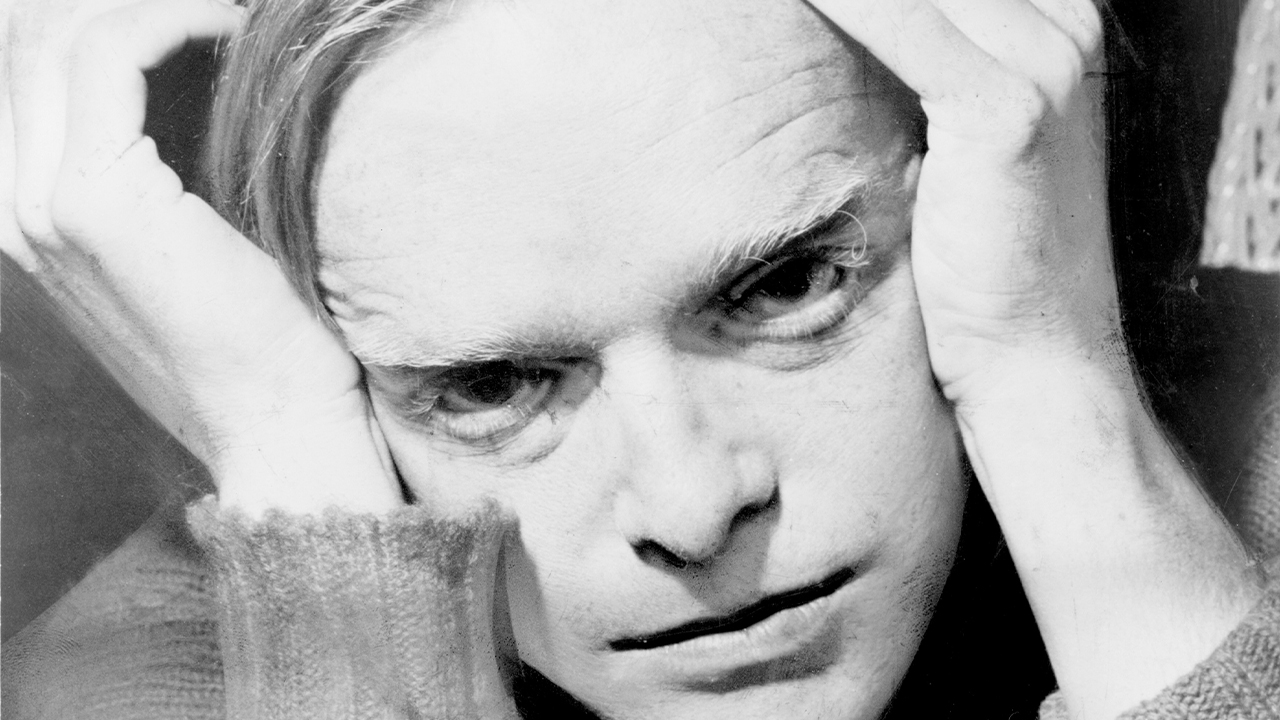How Esther Perel Figures People Out So Fast
February 5, 2024

William of Ockham never met Esther Perel. After days of mainlining her latest podcasts on Where Should We Begin, I realize the medieval monk was wrong. Nothing is simple. Using a razor to cut away what feels irrelevant can set you up for a lifetime of confusion.
Granted, Perel is an Olympic-caliber psychotherapist, and the ease with which she detangles emotional snarls does make them seem simple, obvious in retrospect, eminently fixable. But the presenting problem—usually the sort of no-win, painful, and confounding dilemma I would agonize over for months with my closest friends—is never the real problem. She might ask, “Where should we begin?” but the amazement is where these conversations end.
Take, for example, her follow-up session with a young woman who recovered from a rape—by a friend she trusted—seven years ago. She is now deeply in love with a different man. Yet she regularly hears a voice—Perel asks her to name it, and she comes up with Evil Voice—casually urging her to cheat on him. Go ahead, you know you can get away with it, he’ll never know, the voice says. Listening at home, I panic, worried about schizophrenia. But Perel lightly, playfully quizzes Evil Voice about what it wants from this young woman. By the end, she has pointed out that the boyfriend knows only the facts of the assault, nothing about what it has been like for the young woman to recover. Evil Voice’s breezy “he’ll never know” has a hostile edge, reminding her that she can get away with cheating because he does not ask questions, does not notice. And she resents—we can all see this now—his seeming indifference. Cheating is merely a useful metaphor: it echoes the rapist who got away with it and the sexual nature of the past hurt. But she has offered no adulterous fantasies, Perel points out, and has no desire to obey the voice. This problem has nothing to do with cheating and everything to do with what she needs from her boyfriend.
Next, two physicians in a small, rural hospital contact Perel to talk about the tensions an emergency-room team that works so closely, they once felt like a family. COVID changed everything. These two were willing to mask and get vaccinated; the others were not. One of the physicians has an auto-immune condition that left her thinking they were willfully ignoring her vulnerability, endangering her and the patients. I listen, outraged for them, ready to dive again into this issue that helped break the country in half. Perel ignores it. What she explores are the two physicians’ different responses—how one, more open about emotional need, is now willing to reconcile with those who refused to mask, while the other stands on principle. As emerges, she has never been able to admit hurt or ask for help because it was so important, even as a kid, to be tough and self-reliant. And emphasizing her auto-immune disorder only doubles her sense of vulnerability and frustration. Slowly I move from thinking, “How can Esther set aside an issue so important and so polarizing?” to understanding that there are honest ways to sustain relationships even when the ideological differences are that acute. If you have the emotional strength.
I am still pondering this needed truth when the podcast spools up a husband who used to frequent a massage therapist and wound up giving his wife a sexually transmitted infection. They got past that betrayal, but now he has been gambling. Me, I diagnose a compulsive risk-taker heedless of consequences. But Perel sees the lack of confidence that has made his wife more of a caretaker and killed her desire for him. Within minutes, he is confiding that when he was a boy, his father painted a picture of life as grim and joyless. He has rebelled by treating himself, seizing rewards to compensate for his own joyless, anxious life. If he feels rejected by his wife, by God, he will find sexual pleasure elsewhere. Or he will color his life brighter, counter the daily weight of victimhood by treating himself to the adrenaline rush of gambling. This is a mix of uncertainty and entitlement, sadness and craving, I would have found impossible to parse.
On and on it goes. Two guys, twenty-five years old, worry that their friendship is too competitive. Ah, good, I think, we will hear about this crazy competitive American society and how men are constantly vying with one another.… No, we will not. Perel leads them into descriptions of how they have either honored or separated from their parents’ immigrant worlds; how they have envied each other’s very different life situations and personalities; how they hunger for more closeness but have not shared these feelings. A young woman sighs that guys always relegate her to the Friend Zone, and while I wonder what she does to repel them, Perel teases out an early rejection by her mother, who never wanted her. That has raised the stakes unbearably high: with every encounter, her hidden, burning question is, “Will you choose me?”
Do we know ourselves so little? Or are our defenses so well-trained that they scurry to hide the hardest truths from us? And how can I miss all these subtexts after spending more than half a century fascinated by human nature? Reviewing the podcasts, I see exactly what I do wrong: I believe people. By which I mean, I believe their analysis of their problem. Perel hears more. She registers how they speak, where the emotion is, what they do not say, how they hold their bodies, where their story really begins.
Never again, I vow, will I take a problem at face value. What is the real issue here, I will ask. That much suspicion, I can muster. But I still want to know how she dives down to that next layer so quickly. The secret has to lie in her uncanny ability to lighten pain without trivializing it. Her warm acceptance of all that is human, her ability to dispel shame, and her ability to name blurred feelings with exactly the right word (she is fluent in nine languages) make people feel not just heard but understood. She uses none of the nonsensical jargon or overwrought theory that keep people kicking and flapping in a froth at the surface. Perel knows both pain and resilience: her parents were the only members of their families to survive Nazi camps. She is not afraid, as I often am, to cut into the pain. She does this without hiding behind clinical distance or shifting the spotlight to herself. Gentle, always, and both tentative (“I could be wrong, you tell me”) and assured (“I know you are, I hear it!”), she vaporizes resistance.
Ockham gave us a sharp, incisive tool, invaluable in science and logic. But for relationships? The human heart is chambered and hidden. The brain is gray, deeply wrinkled, and convoluted. We had better throw away the razor.
Read more by Jeannette Cooperman here.







